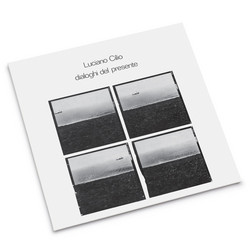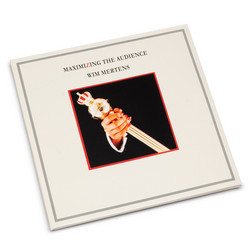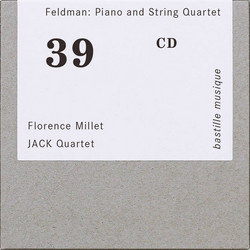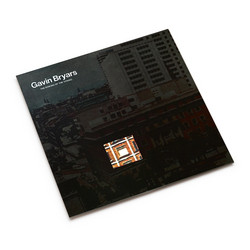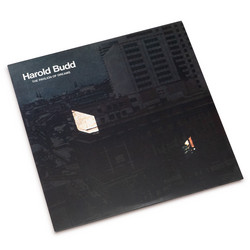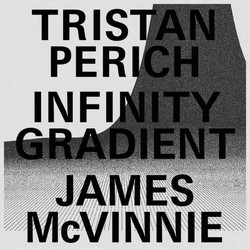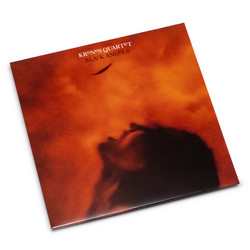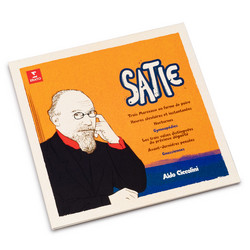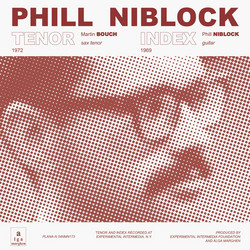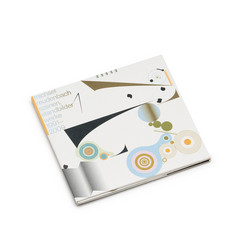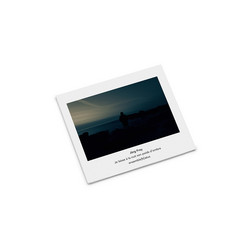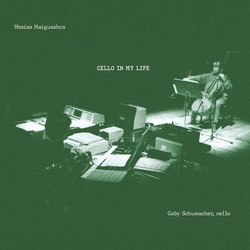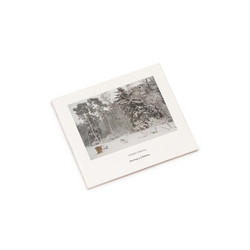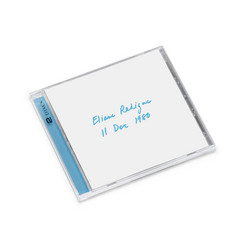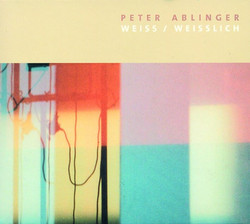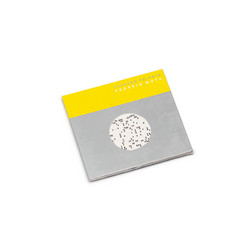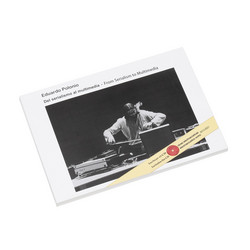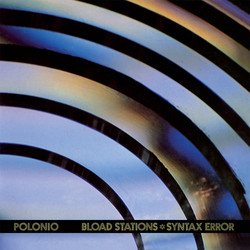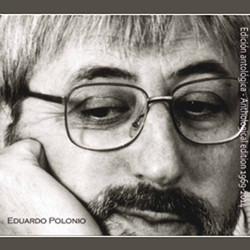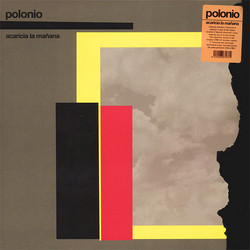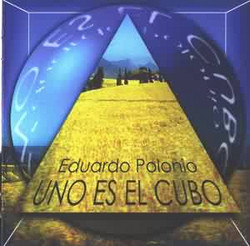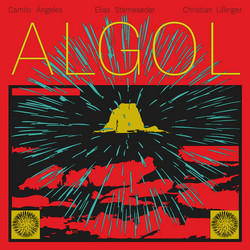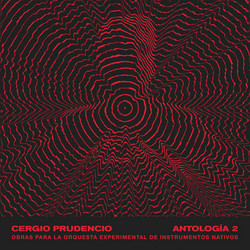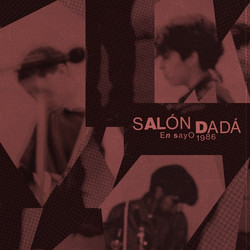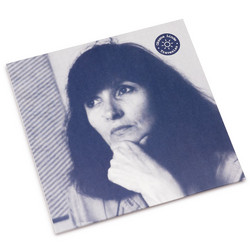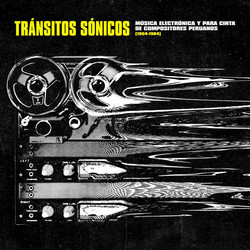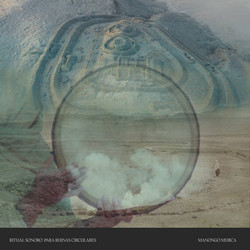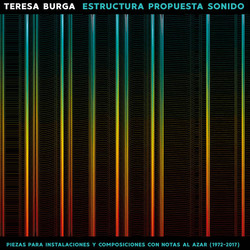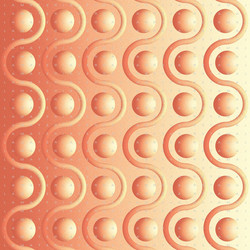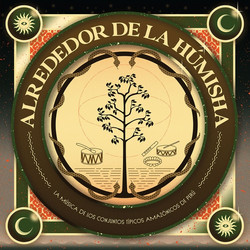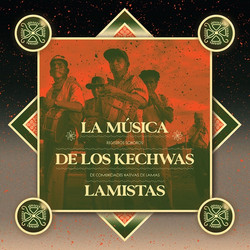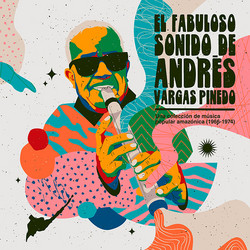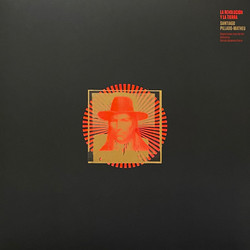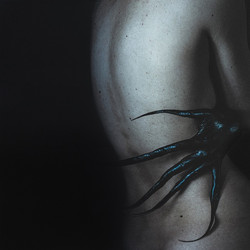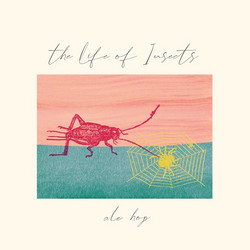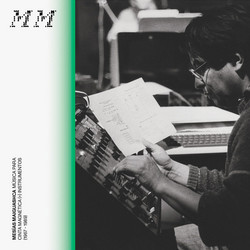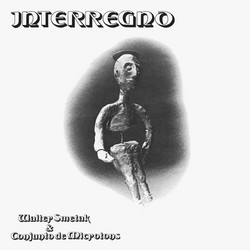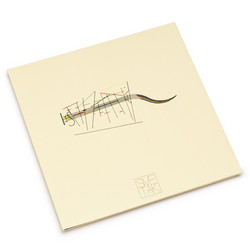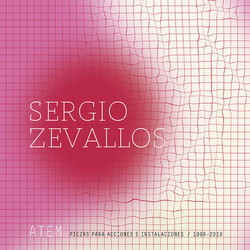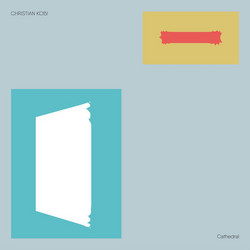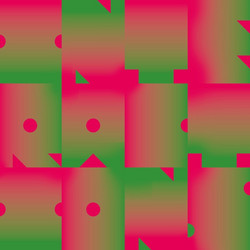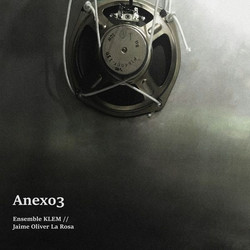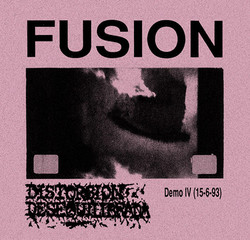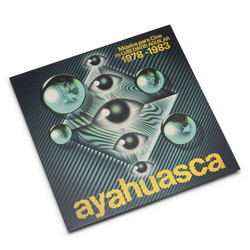Eduardo Polonio (1941–2024) was one of the foundational figures in the emergence and development of electroacoustic music in Spain. The anthology "Eduardo Polonio: Obra electroacústica 1969–1981" revives his legacy with a selection of essential pieces from his early electroacoustic period.
The album includes eight compositions created between 1969 and 1981, spanning from Polonio's early experiments at the Alea Electronic Music Laboratory in Madrid to his later work at the Phonos Laboratory in Barcelona. From the raw electronic textures of "Para una pequeña margarita ronca" (1969) to the timbral subtleties of "Flautas, voces, animales, pájaros..." (1981), this collection showcases Polonio’s artistic evolution and highlights different facets of his work as a composer and musician.
The included works reflect this multifaceted aesthetic. "Oficio" (1969) is a real-time improvisation recorded using two low-frequency generators and a modified electric guitar amplifier for sound modulation. "Rabelaisiennes" (1969), for prepared guitar, explores minimalism and instrumental experimentation. "Continuo" (1970), a piece for electric guitar and bass, anticipates ambient music while engaging with free jazz and psychedelia. "Me voy a tomar el Orient Express" (1976) stands out for its rhythmic and harmonic interplay between the lines forming the sonic texture. "Valverde" (1981) offers a microscopic study of a distinctive way flamenco guitar concludes bulerías phrases. "El reclinatorio en el tejado de la lejana abadía" (1971) is structured as an imaginary soundscape in the form of a suite.
Polonio’s life and work parallel the history of electroacoustic music in Spain. As one of the most significant composers of his generation, he was both a witness and participant in the technological evolution and various aesthetic movements of the late 20th century. From his beginnings at Alea, Spain’s first electronic music laboratory, to his collaborations with figures like Horacio Vaggione and Josep Maria Mestres Quadreny at Phonos, Polonio carved a unique path in the history of Spanish experimental music.
"Eduardo Polonio: Obra electroacústica 1969–1981" is released by Buh Records as a limited double LP edition and in digital format, in collaboration with the Asociación de Música Electroacústica de España (AMEE). The audio in this edition has been restored and mastered directly from the master tapes by Víctor Aguado. The album includes extensive liner notes written by Víctor Aguado and Ramón del Buey, with artwork and design by Gonzalo de Montreuil.
